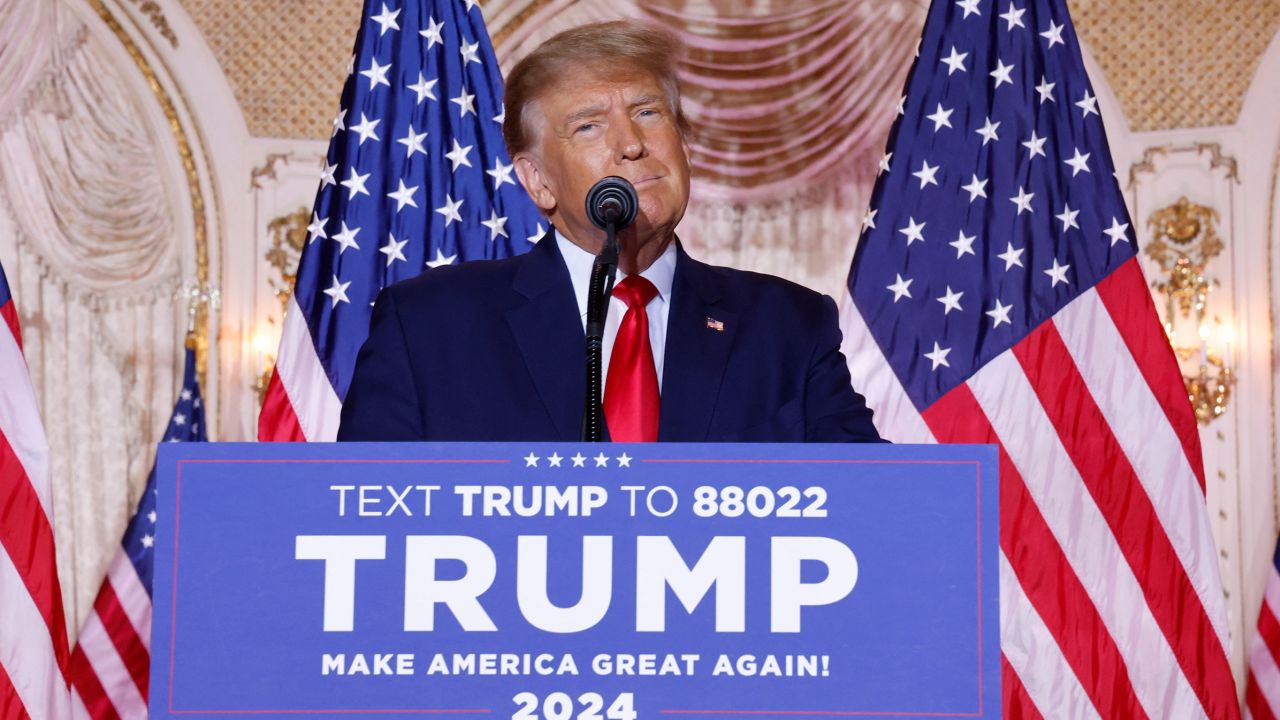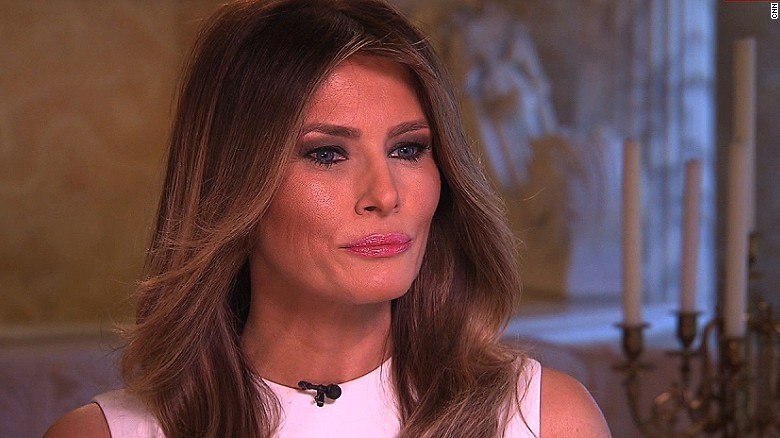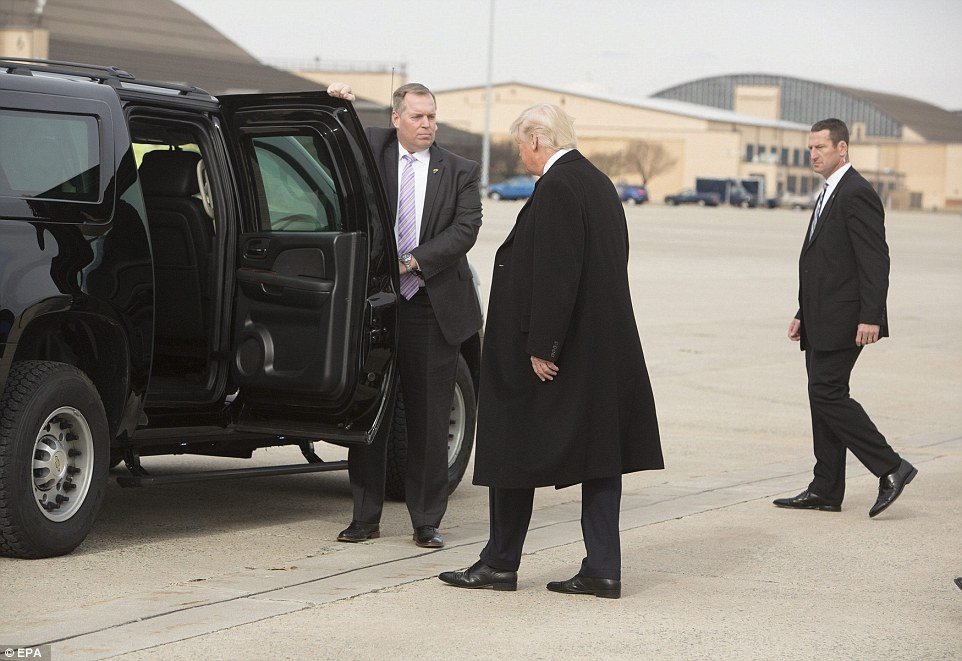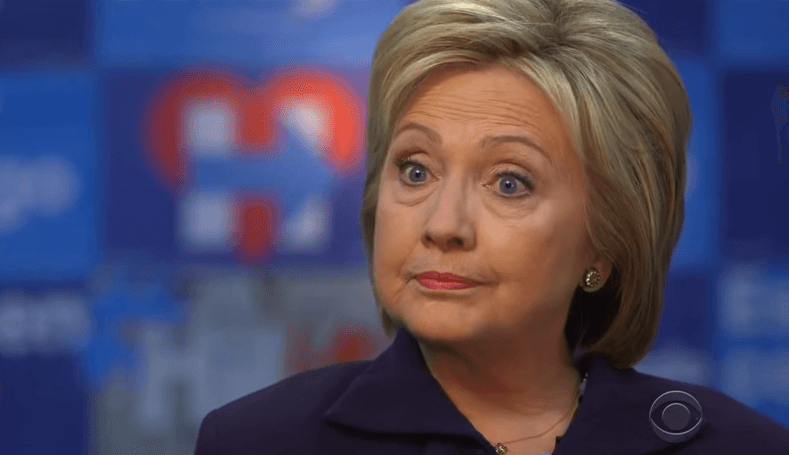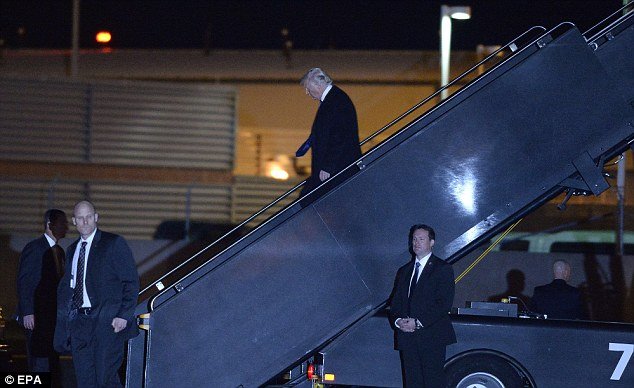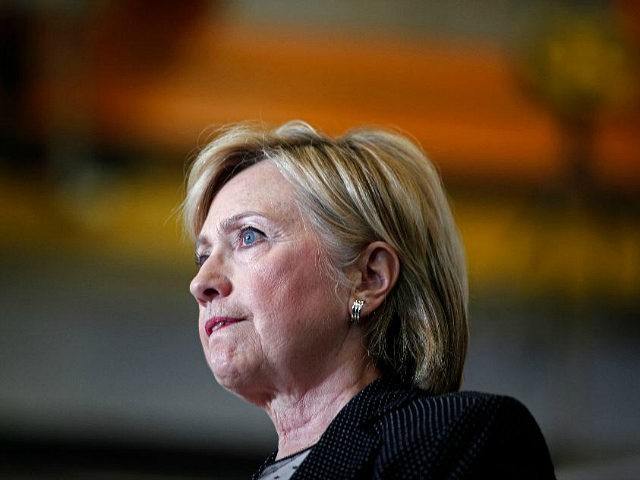Former President Donald Trump has made a major announcement regarding his choice for the next U.S. Supreme Court justice, a decision that is expected to have long-lasting implications for the judicial landscape of the nation. With this latest nomination, Trump continues to cement his influence on the highest court in the country, following his three previous appointments during his time in office. This fourth potential appointment would further solidify a conservative majority on the bench, setting the stage for significant rulings on key issues like abortion, gun control, healthcare, and more.
Trump’s selection comes in response to an anticipated vacancy in the Supreme Court, which has become a focal point of American politics. The Supreme Court plays a critical role in shaping the legal framework of the country, and each appointment is closely watched, as justices serve for life and have a significant influence on the direction of U.S. law and policy. Given the high stakes, Trump’s decision has drawn attention from both sides of the political spectrum.
In his announcement, Trump highlighted the qualifications of his nominee, praising the individual’s legal expertise, strong commitment to the Constitution, and track record of upholding conservative values. He emphasized that his choice aligns with his long-standing goal of appointing judges who interpret the Constitution strictly and do not legislate from the bench. This approach has been a hallmark of Trump’s judicial philosophy, and it is one that has resonated with his political base, especially within the Republican Party.
The former president has made judicial appointments a central part of his legacy, with his previous Supreme Court picks—Justices Neil Gorsuch, Brett Kavanaugh, and Amy Coney Barrett—already shaping major decisions in recent years. His ability to reshape the court with a conservative majority is seen as one of the most enduring impacts of his presidency, as these justices are expected to serve for decades.
Trump’s latest nominee, if confirmed, would continue to shift the balance of power on the court further to the right. This would have wide-ranging implications for a variety of legal issues that are expected to come before the court in the coming years. Cases involving reproductive rights, such as challenges to the landmark Roe v. Wade decision, could see new developments under a more conservative court. Other key areas, including religious freedom, environmental regulations, and campaign finance laws, could also be affected.
The confirmation process for Trump’s nominee is expected to be contentious, as Democrats in Congress have already signaled their intent to scrutinize the pick closely. Senate Democrats, along with liberal advocacy groups, are likely to mount a strong opposition, arguing that the nominee’s confirmation could jeopardize progress on civil rights and other social justice issues. Despite the likely pushback, Trump’s nominee is expected to have significant support from Republicans, many of whom see the opportunity to solidify a conservative judiciary as a key victory for the party.
The nomination process will also serve as a rallying point for Trump’s supporters, who view his success in appointing conservative judges as a major accomplishment. The judicial appointments made during his presidency were often celebrated by his base, particularly evangelical voters and other conservatives who prioritize issues like religious liberty and gun rights. Trump’s ability to shape the court through these appointments has been a major factor in maintaining his influence within the Republican Party even after leaving office.
As with his previous nominations, Trump has prioritized candidates who are relatively young and have the potential to serve on the court for many years, ensuring a lasting impact. His selection process has focused on individuals with a clear conservative judicial philosophy and a record of rulings that align with his vision of a judiciary that interprets the Constitution as it was originally intended. Many of his past nominees have come from the Federalist Society, a conservative legal organization that has played a key role in recommending candidates for judicial appointments.
This latest announcement comes at a time when the Supreme Court is increasingly in the spotlight, with several high-profile cases on the docket. Issues such as the Second Amendment, healthcare access, and voting rights are all set to be debated in the coming term, and Trump’s nominee could play a crucial role in deciding the outcomes of these cases. The Supreme Court’s decisions on these matters could have far-reaching consequences for American society and politics, making this nomination all the more significant.
Trump’s announcement also highlights his continued influence on the Republican Party and its future direction. Despite no longer being in office, he remains a dominant figure within the party, and his endorsement of judicial nominees is likely to carry significant weight with GOP lawmakers. This latest pick is expected to further solidify his legacy as a president who dramatically reshaped the federal judiciary, with the Supreme Court being a central part of that legacy.
In conclusion, Trump’s major announcement of his Supreme Court nominee marks yet another pivotal moment in the ongoing battle over the future of the U.S. judiciary. With this selection, Trump is poised to leave an indelible mark on the nation’s highest court, potentially shaping the course of American law for generations to come. As the confirmation process unfolds, all eyes will be on the Senate, where Trump’s nominee will face both fierce opposition and strong support, reflecting the deep political divisions that characterize the current era of U.S. politics.

